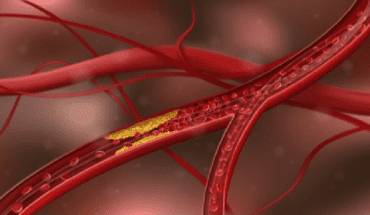Food allergies can arise at any time of life but those arising in childhood and can become lifelong. There is a difference between allergy and food intolerances. A child with a food allergy and a child with a food intolerance can both have a bad reaction to a certain food, but the food allergy involves the immune system’s white blood cells, including specialised cells called mast cells. Blood tests detect the presence of allergy-related compounds such as leukotrienes, cytokines and histamine. Intolerances can actually be a form of poisoning and there is no measurable immune system response.
Blood tests detect the presence of allergy-related compounds such as leukotrienes, cytokines and histamine. Intolerances can actually be a form of poisoning and there is no measurable immune system response.
The understanding and treatment of allergies and intolerances is a huge subject and the complexity of the issue is enormous.
It is feasible that children with a leaky gut – when the gut wall is more permeable than it should be – are more likely to develop food allergies.
It is feasible that children with a leaky gut – when the gut wall is more permeable than it should be – are more likely to develop food allergies.
This is possibly because certain foods, including common allergenic foods like milk proteins, gluten and gliadin (found in grains) are able to travel into the bloodstream through the leaky gut wall where the immune system treats the molecules like an invading organism. An immune response ensues and starts to attack them just like they would a bacteria or a virus. This is down to molecular mimicry, so called as certain foods have protein structures are similar to pathogens and the immunity cannot tell the difference. If the proteins resemble those in the protective covering of joints, the synovia, then the immune system attacks the area and you could end up with rheumatoid arthritis.
It doesn’t help that with the abundance and easy availability of food in the modern diet, children can have multiple snacks throughout the day, often containing gluten. The immune system is triggered again and again and becomes hypersensitized.
There are plenty of ways we can manage the symptoms of food allergies and intolerances. To start with, identifying if there is a leaky gut and treating it is important. Other approaches include adjusting the diet, prescribing nutrients, including protein supplements like glutamine, and including probiotics to restore the balance of protective bacteria in the gut. In difficult cases certain herbal supplements as used in traditional, Chinese or Ayurvedic medicine can be utilised.
- Diet and its effect on Autism - 8th August 2018
- Food allergies in children and leaky gut - 7th June 2018
- Functional medicine: treating depression - 8th April 2018







